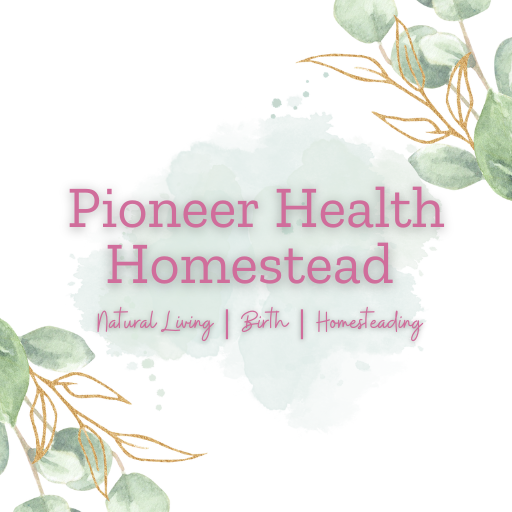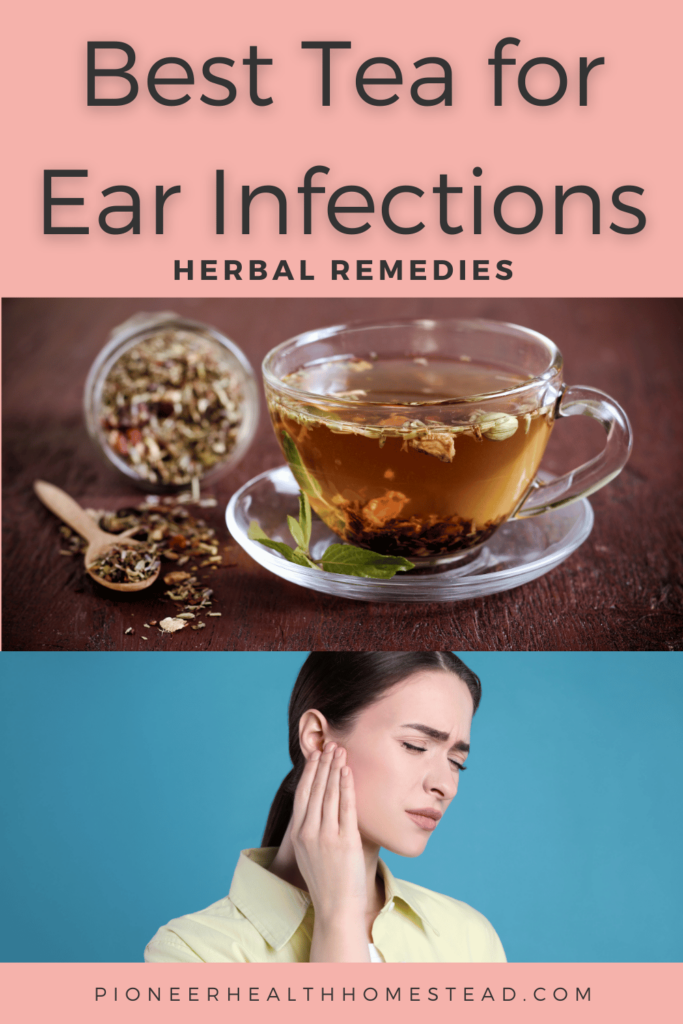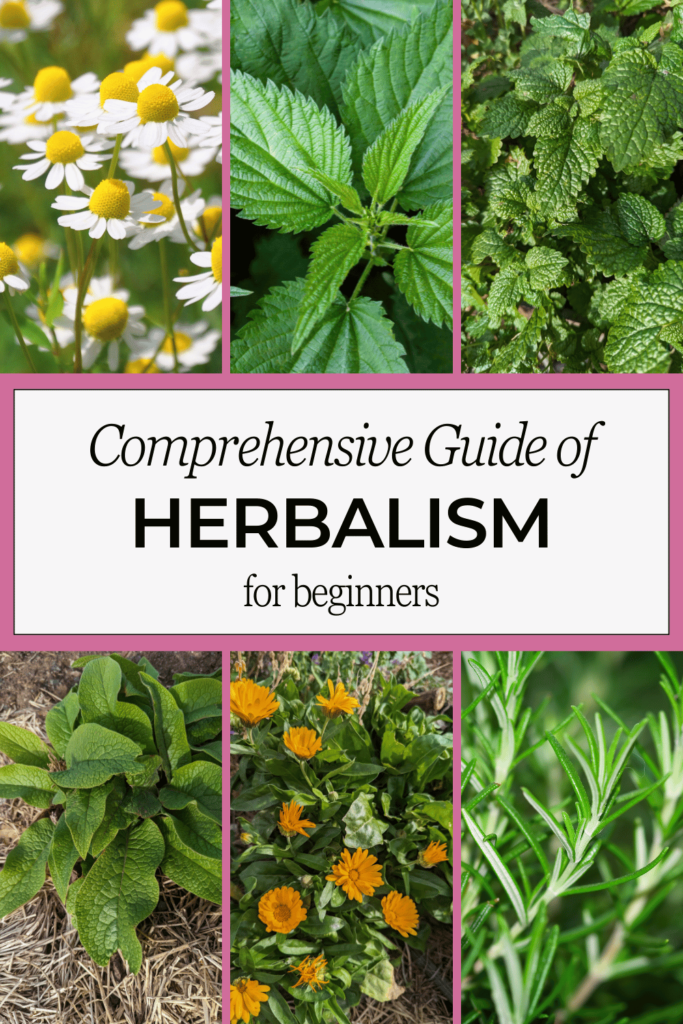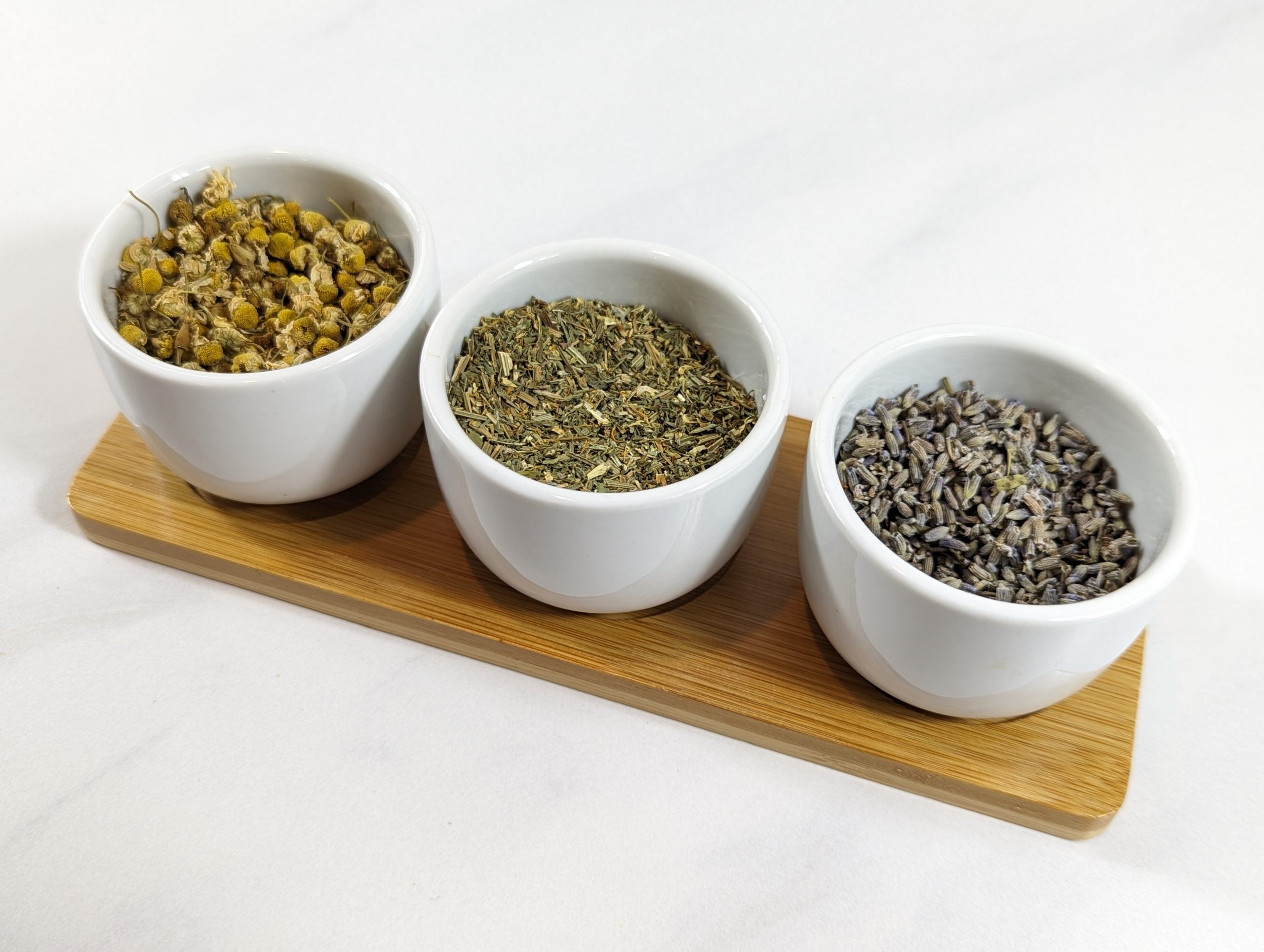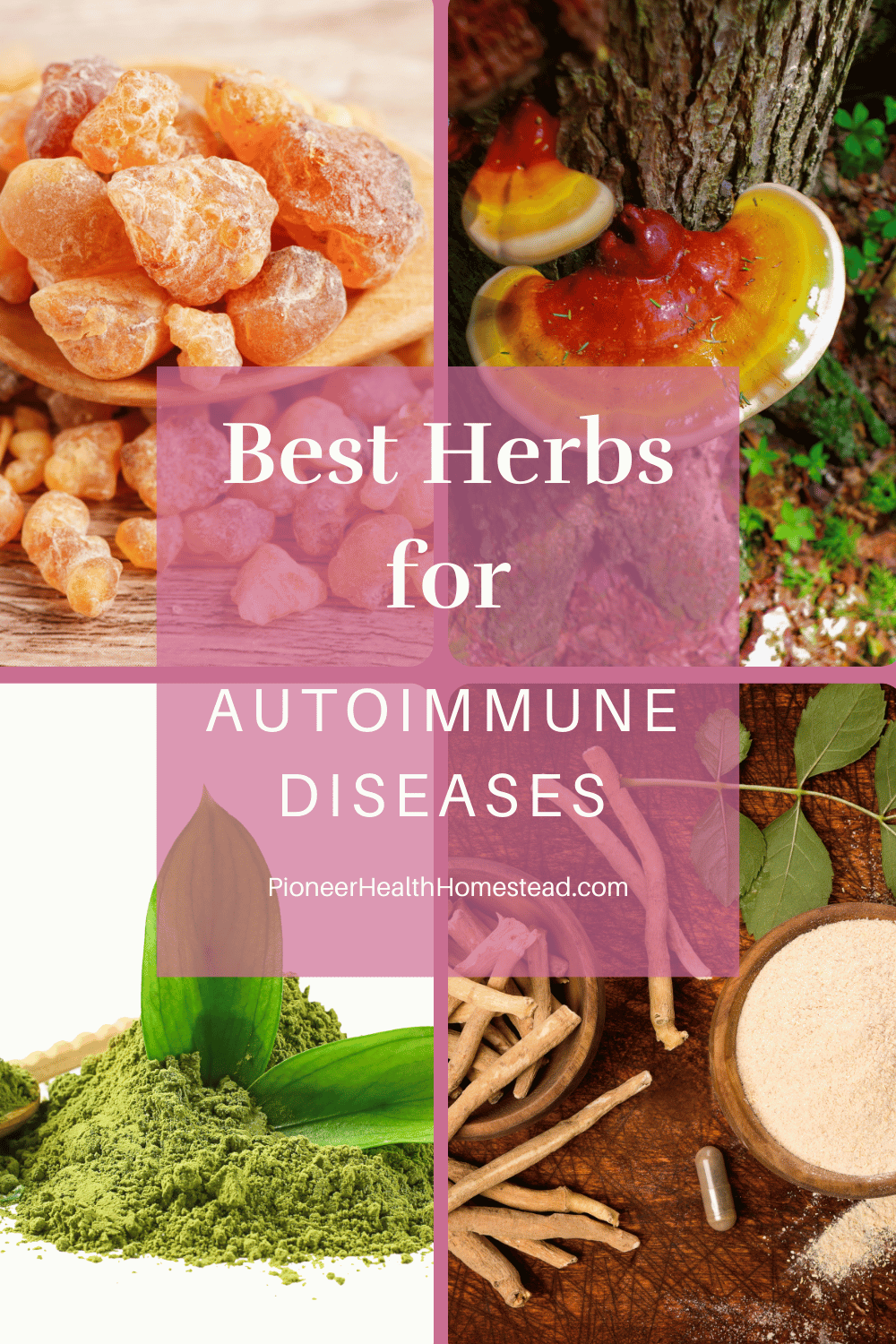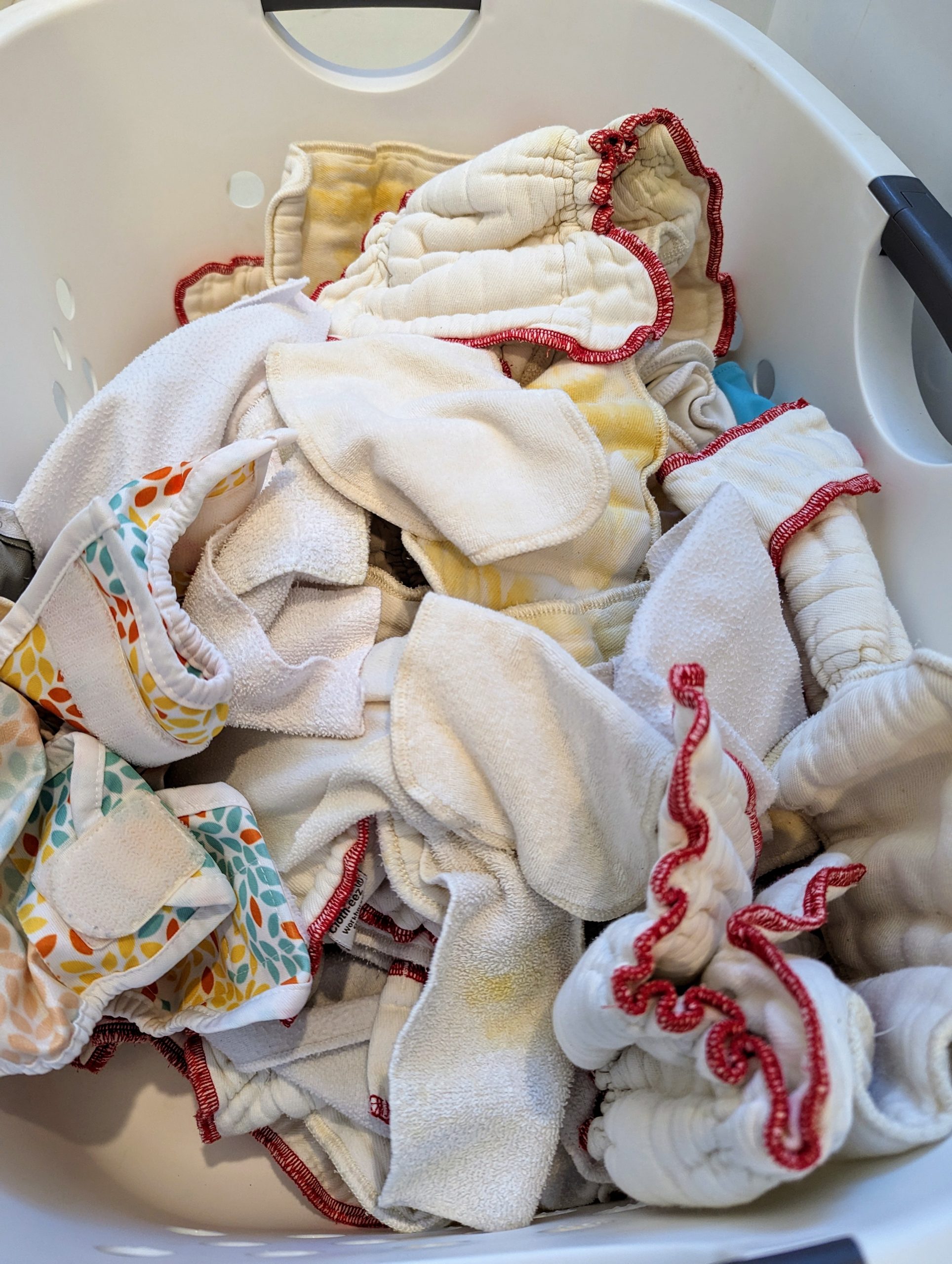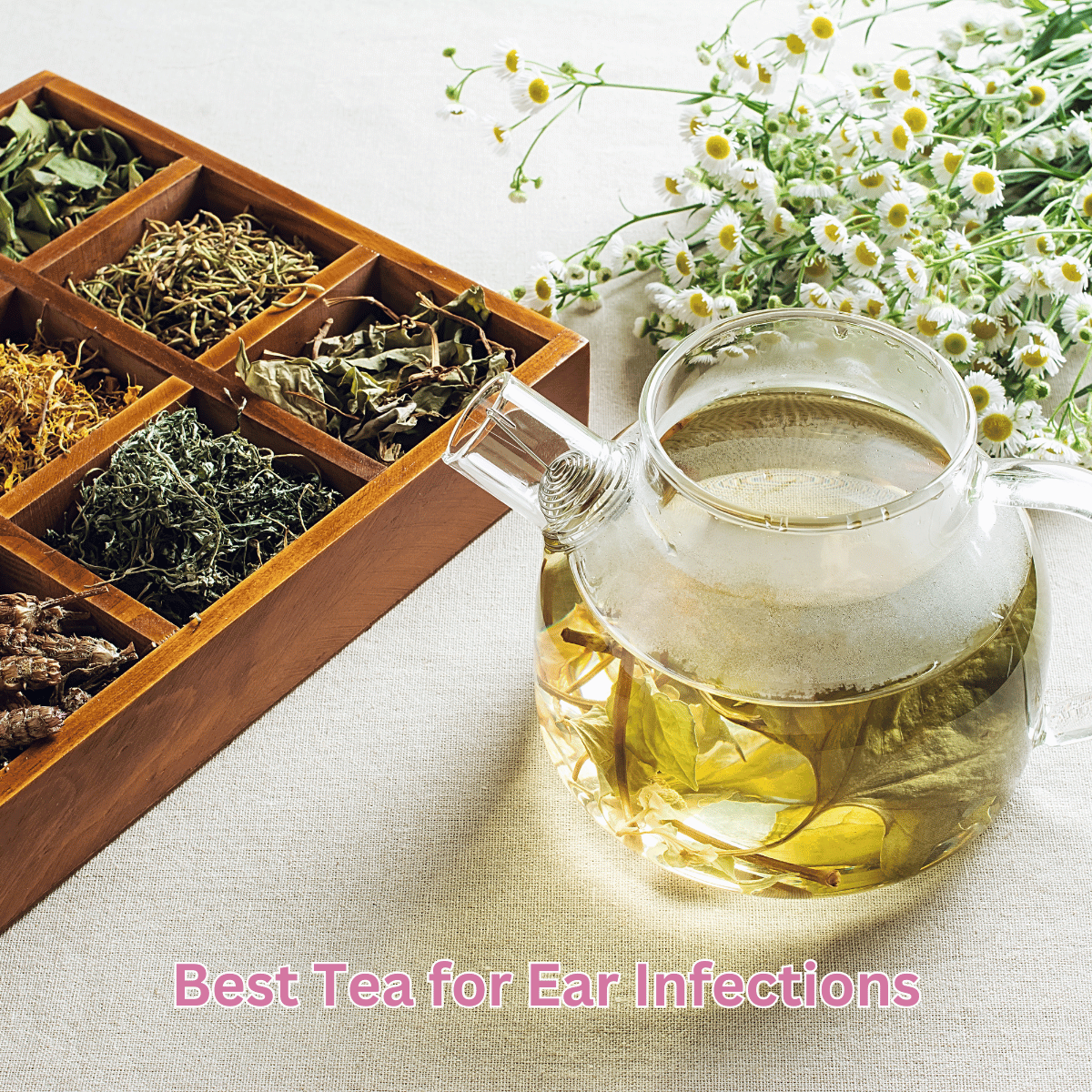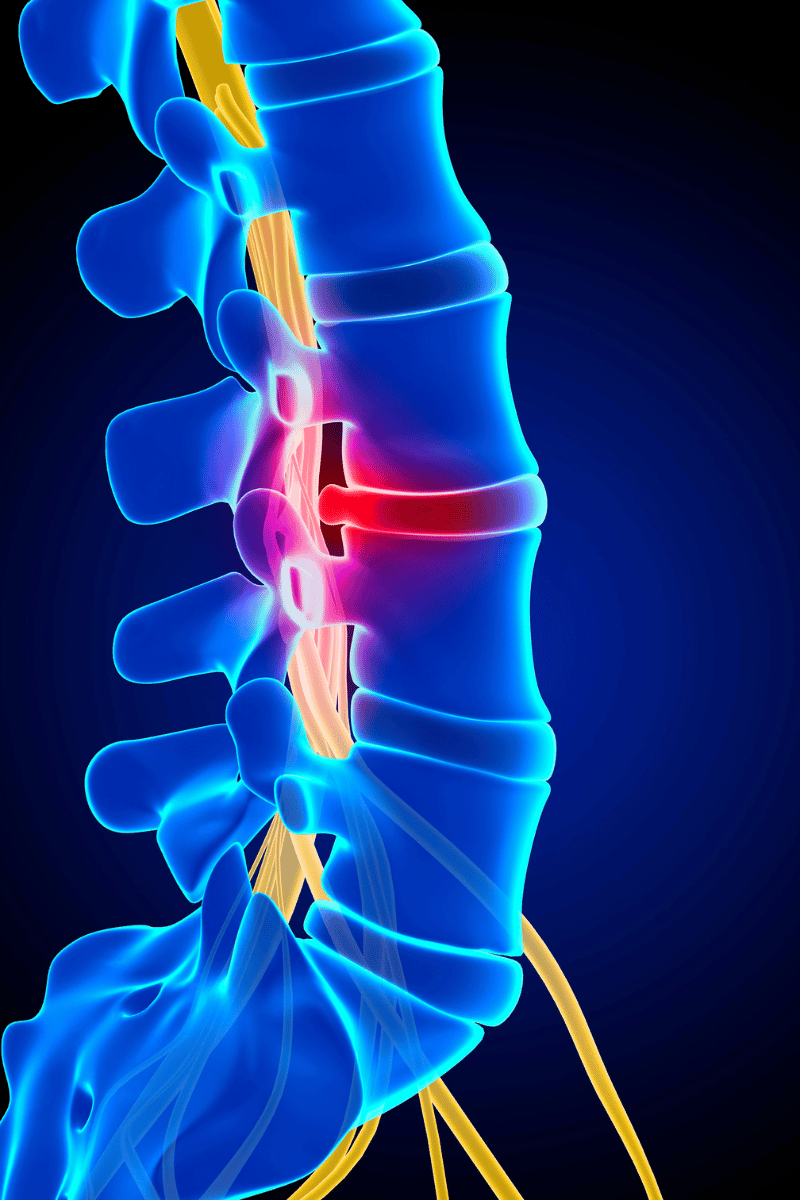The Best Herbal Tea for Sinus Infection: Natural Treatments
Best Herbal Tea for Sinus Infection: Natural Remedies for Sinus Relief
The best herbal tea for sinus infection can help relieve common sinus infection symptoms like congestion, pressure, and headaches. Sinus infections, including acute and chronic sinusitis, cause discomfort in the sinus cavities. Symptoms often include nasal congestion, sinus pressure, a stuffy nose, sore throat, nasal discharge, and post-nasal drip. Using natural remedies like herbal teas can soothe these symptoms, support the immune system, and promote sinus relief.
Save for Later!
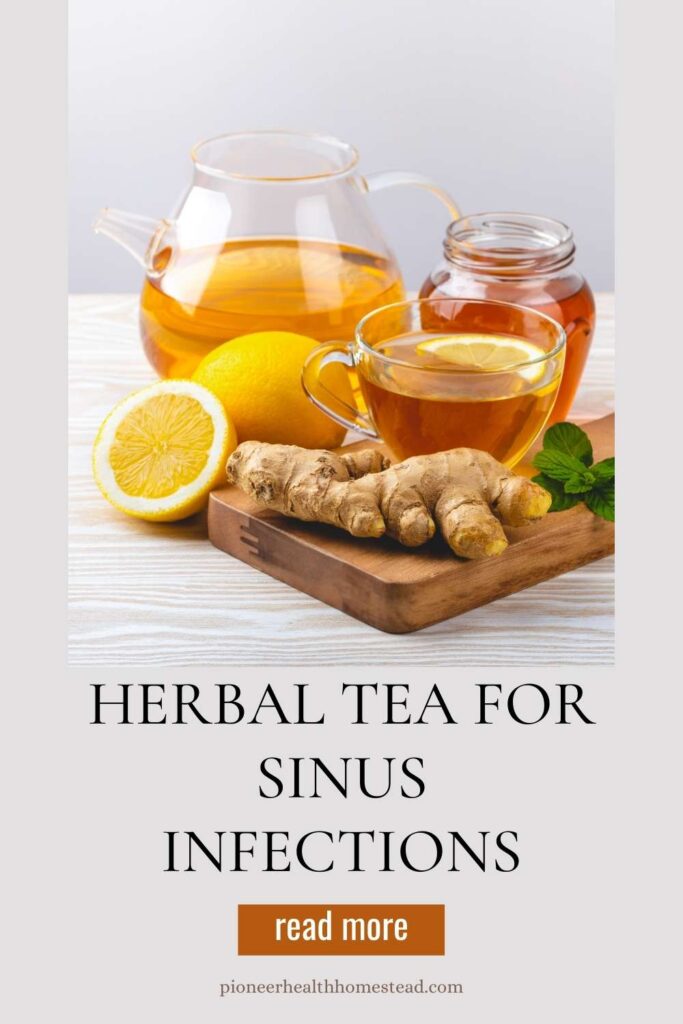
What is a Sinus Infection?
A sinus infection, or sinusitis, occurs when the sinus cavities, located behind the forehead, cheeks, and eyes, become inflamed. This inflammation often results from blocked sinuses due to swelling in the nasal passages or an excess of mucus. When this happens, it can lead to difficulty breathing through the nose, increased pressure, and discomfort.
Bacterial Sinus Infection
A bacterial sinus infection often develops after a cold or viral infection. When bacteria infect the sinus cavities, the mucus can become thick and discolored, typically green or yellow. This type of infection may require antibiotics for treatment and can cause persistent symptoms like facial pain, nasal congestion, and sinus headaches.
Viral Sinus Infection
Most sinus infections are caused by viruses, such as those that cause the common cold or flu. Viral sinus infections tend to resolve on their own, but they can cause symptoms such as sinus congestion, nasal discharge, and facial pressure for several days. While these infections generally don’t require antibiotics, natural remedies can help alleviate symptoms.
Allergic Rhinitis
Allergic rhinitis, or sinus inflammation triggered by allergens, can lead to symptoms that mimic a sinus infection. Dust, pollen, mold, or pet dander can irritate the nasal passages, causing mucus buildup and nasal congestion. This type of sinus issue often leads to sinus congestion, a runny nose, and post-nasal drip, which can contribute to sinus pressure and discomfort.

Sinus Infection Symptoms
The common symptoms of a sinus infection include sinus congestion, sinus pressure, facial pain, nasal congestion, a runny nose, and post-nasal drip. These symptoms can be particularly uncomfortable, making it difficult to sleep, concentrate, or go about your daily routine.
How Herbal Teas Can Help Relieve Sinus Infection Symptoms
Herbal teas are known for their natural decongestant and anti-inflammatory properties, making them highly effective for relieving sinus infection symptoms. Making the best herbal tea for sinus infection herbs, such as peppermint and ginger, work to reduce inflammation in the sinus passages and help thin the mucus. This makes it easier to expel the mucus and relieve the pressure that causes discomfort. The warm temperature of herbal teas also helps loosen mucus, soothing the sinuses and allowing for better drainage. In addition, the warmth provides comfort to a sore throat, another common symptom of sinus infections.
The Role of Herbal Remedies in Supporting the Immune System
Herbal teas are not only great for easing symptoms but also play an important role in supporting the immune system. The best herbal tea for sinus infection are ingredients like echinacea, ginger, and chamomile are known for their immune-boosting properties. Echinacea, for example, has been shown to reduce the duration and severity of colds, which are often the precursor to sinus infections. Ginger has powerful anti-inflammatory and antioxidant effects that can help fight the underlying infection. Chamomile, on the other hand, is known for its calming and healing properties, making it helpful in reducing inflammation in the nasal passages and throat. By strengthening the immune system, herbal teas help the body fight off the infection more effectively.
Why These are the Best Herbal Tea for Sinus Infection: Effective Home Remedy
Herbal teas are a popular and effective home remedy for sinus infection relief because they are both easy to prepare and provide quick relief from symptoms. When consumed, the steam from the tea can help open up nasal passages, while the warm liquid soothes a sore throat and provides comfort to the entire body. Herbal teas can also promote sinus drainage, which reduces sinus pressure and allows mucus to flow more freely, offering a sense of relief.
The wide variety of herbs used in these teas, from peppermint to eucalyptus, means there is an option for nearly every symptom, making herbal teas a versatile and natural alternative to over-the-counter medications. Plus, herbal teas offer a safe, gentle way to address sinus infection symptoms without the harsh side effects associated with pharmaceutical treatments.
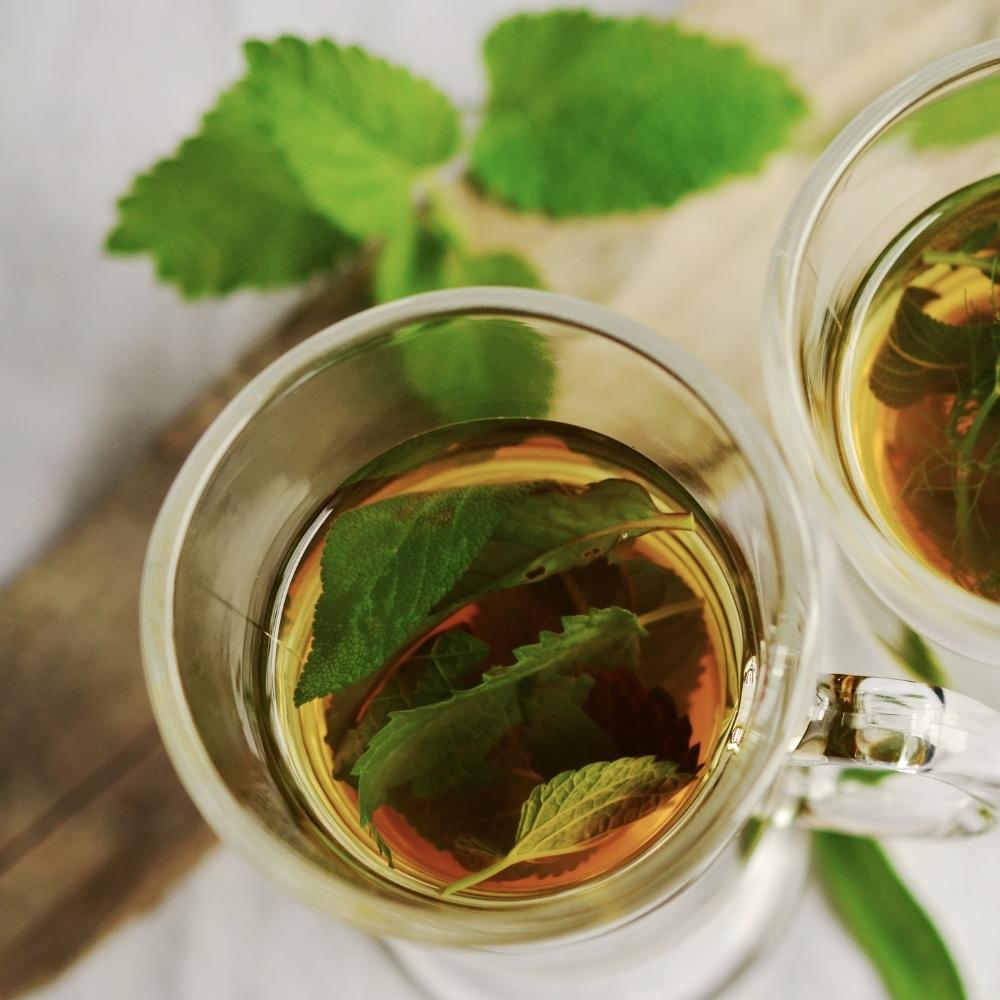
The Best Herbal Tea for Sinus Infection Relief
When dealing with sinus infections, finding natural remedies that can ease discomfort is a priority for many. Herbal teas have long been recognized for their soothing and healing properties, and they can be a great help in relieving sinus infection symptoms. In this post, we’ll explore the benefits of some of the best herbal teas for sinus infection relief, highlighting their unique properties and safety considerations.
Peppermint Tea
Peppermint tea is a popular choice for sinus relief due to its powerful anti-inflammatory and antimicrobial properties. The menthol in peppermint helps thin mucus, making it easier to clear out of the nasal passages. This can significantly relieve nasal congestion, a common symptom of sinus infections. Peppermint tea also works to ease sore throats and sinus pressure, which often accompany sinus congestion. The refreshing scent and cooling effect of peppermint provide soothing relief to both the throat and sinuses.
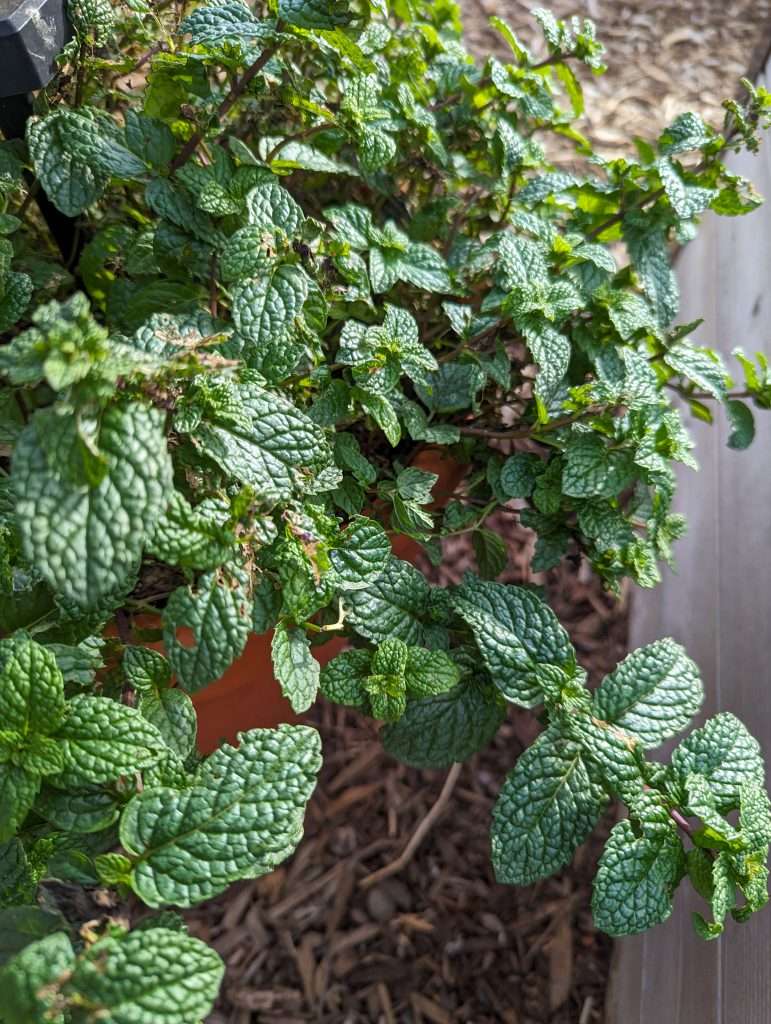
Peppermint tea is generally safe during pregnancy and breastfeeding when consumed in moderate amounts. However, if you have certain conditions like acid reflux, it’s a good idea to check with your healthcare provider before drinking peppermint tea regularly.
Chamomile Tea
Chamomile tea is another excellent herbal remedy for sinus infections, especially when sinus headaches are a concern. Known for its calming properties, chamomile can help reduce inflammation in the sinuses, providing relief from pressure and discomfort. It also has antibacterial properties that can fight off the bacteria causing the infection. In addition to these benefits, chamomile tea helps soothe the back of the throat and eases the symptoms of post-nasal drip, a common issue with sinus infections.
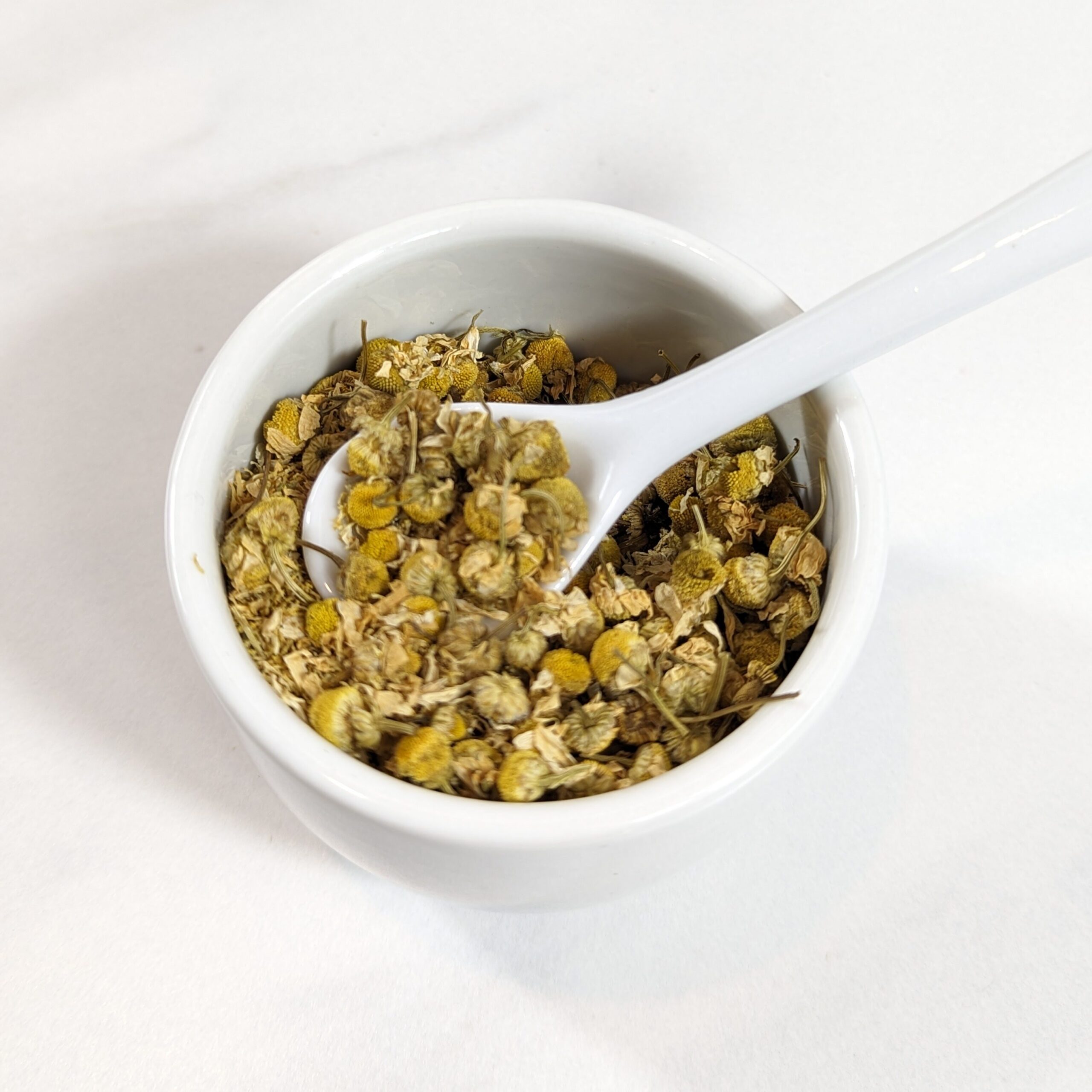
Chamomile tea is generally safe for most people, but it should be used with caution during pregnancy. It can stimulate uterine contractions in large quantities, so it’s best to limit intake or consult with a healthcare provider. If you are breastfeeding or if your baby has allergies, you may want to speak to your doctor before consuming chamomile.
Eucalyptus Tea
Eucalyptus tea is a powerful ally in fighting sinus infections. The antimicrobial properties of eucalyptus oil make this tea a great choice for battling the infection itself. Eucalyptus tea works by opening up the nasal passages, providing immediate relief from sinus congestion. It acts as a natural decongestant, clearing mucus and reducing sinus pressure. The fresh, invigorating aroma of eucalyptus also helps with breathing, making it easier to take in air when nasal passages are blocked.

However, eucalyptus tea is not recommended for use during pregnancy or breastfeeding due to its strong effects. It is important to consult a doctor if you have asthma or other respiratory conditions before using eucalyptus as a remedy.
Ginger Tea
Ginger tea is rich in anti-inflammatory and antioxidant properties, making it a great choice for sinus infection relief. It helps ease sinus inflammation and reduces congestion by promoting circulation and clearing mucus from the nasal passages. It also supports the immune system, aiding the body’s ability to fight off the bacteria causing the infection. For those suffering from sinus pressure and headaches, ginger tea offers immediate relief with its soothing properties.
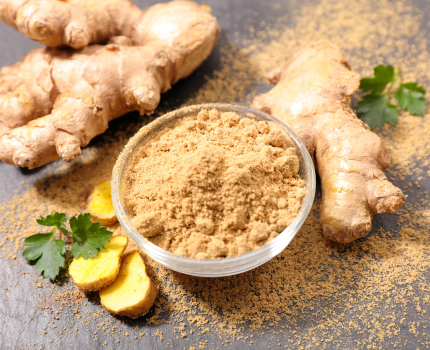
Ginger tea is generally safe to consume during pregnancy and breastfeeding in moderation. However, pregnant women should avoid excessive amounts of ginger, particularly in the first trimester, as it can cause digestive upset in some cases.
Echinacea Tea
Echinacea tea is renowned for its ability to boost the immune system, making it an excellent choice for fighting sinus infections. It helps reduce inflammation in the sinus cavities, providing relief from the discomfort associated with sinusitis. Echinacea is effective in both acute and chronic sinusitis treatment, making it a versatile herbal remedy. Its immune-boosting effects help the body fend off bacterial or viral infections that can cause sinus issues.
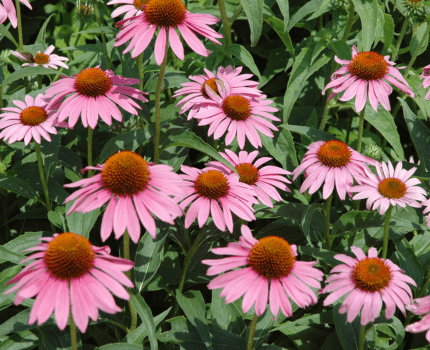
Though echinacea is generally safe for short-term use, it should be avoided during pregnancy and breastfeeding due to a lack of sufficient safety data. It is also important to avoid echinacea if you have autoimmune conditions or allergies to plants in the daisy family, as it can exacerbate symptoms.
Green Tea
Green tea is packed with antioxidants, which help fight the inflammation and oxidative stress associated with sinus infections. It also has antimicrobial properties that help clear sinus congestion and relieve sinus pressure. The catechins in green tea support a healthy immune response, making it easier for your body to combat the infection-causing sinus issues. Green tea is also effective in easing sinus headaches, a common symptom of sinus infections.
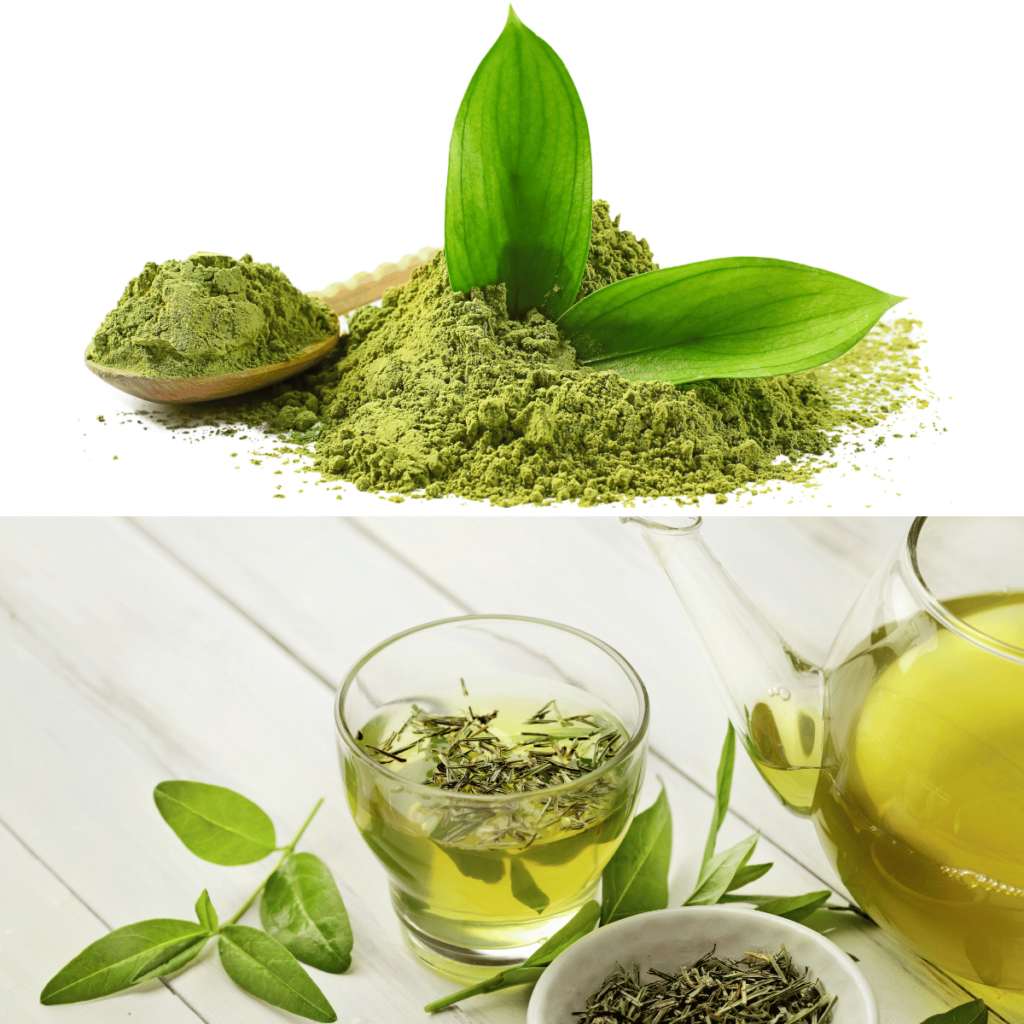
Green tea is considered safe for most people, but it should be consumed in moderation, especially during pregnancy or breastfeeding due to its caffeine content. If you have high blood pressure or insomnia, you may want to limit your green tea intake.
Other Natural Remedies for Sinus Infection Relief
In addition to herbal teas, there are various other natural remedies that can help alleviate sinus infection symptoms. These remedies can complement the effects of herbal treatments, offering additional relief and supporting your body’s healing process. Here’s a closer look at some of the most effective natural remedies for sinus infection relief.
Nasal Irrigation with Saline Solution
Nasal irrigation is a highly effective method for clearing nasal passages and reducing sinus congestion. By flushing out mucus, allergens, and other irritants, saline solution helps to cleanse the sinuses, improving airflow and relieving discomfort. Regular nasal irrigation can also help prevent the buildup of mucus and reduce the frequency of sinus infections. This simple remedy can be done using a saline spray or a neti pot, both of which help to clear out the nasal passages without causing irritation.
Neti Pot
This is probably one of my favorite and least favorite options to prevent and treat a sinus infection. A neti pot is a popular tool for sinus drainage and is widely used to relieve sinus congestion. By using a saline solution in the neti pot, you can gently rinse out the sinuses, helping to reduce pressure and clear mucus from the nasal passages. This method is particularly effective for people suffering from chronic sinusitis or those who experience frequent sinus infections. The soothing rinse helps promote sinus drainage, reduce swelling, and ease sinus symptoms, allowing for easier breathing.
Essential Oils
Essential oils, such as eucalyptus, peppermint, and oregano oil, can be powerful allies in the fight against sinus infections. These oils have natural anti-inflammatory, antimicrobial, and decongestant properties that help to open up nasal passages, reduce sinus inflammation, and fight infection. You can diffuse essential oils in your home, inhale them directly, or dilute them with a carrier oil for topical application on the chest or sinuses. The refreshing aroma of essential oils can also help relieve sinus headaches and improve breathing.
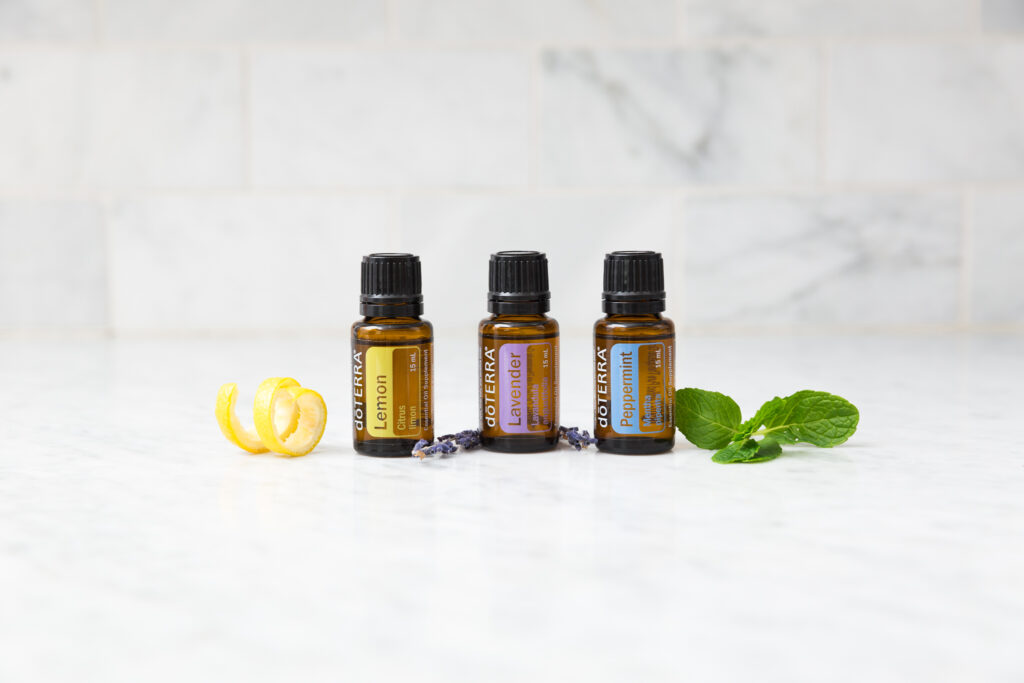
When using essential oils, it’s important to ensure that you’re using high-quality oils and that you’re not allergic to them. Always dilute essential oils before applying them to the skin, and consult with a healthcare provider if you are pregnant or breastfeeding.
Warm Compresses and Hot Showers
Warm compresses and hot showers are simple yet effective ways to relieve sinus pressure and clear mucus. The heat from a warm compress applied to the sinuses helps to reduce swelling, ease facial pain, and promote sinus drainage. Similarly, taking a hot shower allows steam to open up the nasal passages, loosening mucus and providing temporary relief from sinus congestion. The combination of heat and steam works together to reduce the discomfort of sinus pressure and congestion.
Plenty of Fluids
Staying hydrated is essential when dealing with a sinus infection. Drinking plenty of fluids helps thin mucus, making it easier to expel from the sinuses. Water, herbal teas, and broths are all great options for staying hydrated while soothing your symptoms. Proper hydration supports your immune system, ensuring it can work effectively to fight off the infection. In addition to helping clear mucus, staying hydrated also helps reduce sinus congestion and prevent further irritation in the nasal passages.
Healthy Diet
A healthy diet rich in vitamin C and antioxidants can play a significant role in supporting your immune system and reducing sinus infection symptoms. Foods such as citrus fruits, berries, leafy greens, and other nutrient-dense options can help boost your immune health, making it easier for your body to fight off infections. Incorporating foods that are high in antioxidants and anti-inflammatory properties also supports the reduction of sinus inflammation and promotes overall well-being. Eating a balanced diet can be a great complement to other natural remedies and help you recover faster from sinus infections.
When to Seek Medical Treatment
While natural remedies can provide relief for many sinus infection symptoms, there are times when seeking medical treatment is necessary. Understanding when to consult a healthcare provider can help prevent complications and ensure effective treatment.
Differentiating Between Viral and Bacterial Sinus Infections
Sinus infections can be caused by viruses, bacteria, or allergies. Viral sinus infections, often associated with the common cold, typically resolve on their own within 7-10 days. However, bacterial sinus infections may require medical treatment, as they tend to persist longer and may worsen over time. A key difference between viral and bacterial sinus infections is the severity of symptoms. Bacterial infections often cause more intense sinus pressure, fever, and facial pain, and symptoms may not improve after 10 days or may worsen suddenly.
When Sinus Infection Symptoms Persist and Require Medical Attention
If your sinus infection symptoms last for more than 10 days, worsen after initially improving, or are accompanied by a high fever or severe facial pain, it may be time to seek medical attention. Persistent symptoms, especially when accompanied by thick, yellow, or green nasal discharge, may indicate a bacterial infection that requires antibiotics. Additionally, if you experience recurring sinus infections or develop symptoms of sinusitis, a healthcare provider can help determine the best course of treatment.

Consulting a Healthcare Provider for Sinusitis Treatment Options
When sinus infections become chronic or severe, medical treatment options like steroid nasal sprays or antibiotics may be necessary. Steroid nasal sprays can help reduce inflammation and improve sinus drainage, while antibiotics are used to treat bacterial infections. Your healthcare provider may also recommend other treatments, such as decongestants or nasal irrigation, to help relieve symptoms. It’s important to consult a provider who can assess your symptoms and recommend appropriate treatment, especially if over-the-counter remedies are not providing relief.
Additional Tips for Managing Sinus Infections
In addition to herbal teas and medical treatments, there are several lifestyle changes and habits that can help manage sinus infections more effectively.
Avoiding Dairy Products, Cigarette Smoke, and Spicy Foods
Certain foods and environmental factors can exacerbate sinus congestion and irritation. Dairy products, for example, may thicken mucus, making it harder to clear from the sinuses. Spicy foods can also trigger sinus inflammation in some individuals, while cigarette smoke can irritate the nasal passages and make symptoms worse. Avoiding these triggers, along with other known allergens, can help reduce congestion and promote faster recovery from a sinus infection.
Lifestyle Changes: Staying Hydrated, Using Saline Nasal Sprays, and Reducing Exposure to Allergens
Staying hydrated is one of the simplest yet most effective ways to manage sinus infections. Drinking plenty of fluids helps thin mucus, making it easier to expel and reducing sinus congestion. Using saline nasal sprays or performing nasal irrigation with a neti pot can also help clear mucus from the nasal passages, providing relief from congestion. Reducing exposure to allergens such as dust, mold, and pet dander can also help prevent sinus irritation and infections, especially for individuals with allergic rhinitis.
Sinus Infection Relief at Night
Getting a good night’s sleep is essential for recovery, and herbal teas can play a helpful role in promoting restful sleep. Herbal teas such as chamomile, peppermint, and ginger can help reduce sinus pressure and congestion, making it easier to breathe at night. Additionally, drinking warm herbal tea before bed can soothe a sore throat and provide comfort, allowing you to rest more deeply. A good night’s sleep is crucial for your immune system, and getting enough rest can significantly improve the healing process when dealing with a sinus infection.
Overview
A sinus infection can be uncomfortable, but herbal teas offer a natural and effective way to relieve symptoms. Herbal teas like peppermint, chamomile, eucalyptus, ginger, echinacea, and green tea provide anti-inflammatory and antimicrobial properties, helping to reduce sinus congestion, sinus pressure, and sore throat. These natural remedies support your immune system, making them an excellent choice for sinus infection relief.
In addition to herbal teas, lifestyle changes such as staying hydrated, using saline nasal sprays, and avoiding irritants like dairy and cigarette smoke can help reduce symptoms. If your sinus infection symptoms persist, consult a healthcare provider for medical treatment options like antibiotics or steroid nasal sprays.
Let Me Know!
Have you tried any herbal teas for sinus infection relief? Or do you have other natural remedies for sinus infection symptoms? Let me know in the comments! If you have any questions or need more information about the best herbal tea for sinus infection relief, feel free to reach out. I’m happy to help you find the best solutions for sinus relief. Stay healthy and take care!

The Different Types of Cloth Diapers: Ultimate Guide
Sharing is caring! Facebook Pinterest X The Different Types of Cloth Diapers: Ultimate Guide The different types of cloth diapers offer a sustainable and eco-friendly alternative to disposable diapers for your baby. As a mom of five and a Registered Nurse, I’ve seen the many benefits of reusable cloth diapers firsthand. This guide will help…

The Best Doula Bag Essentials Kit for Birth and Postpartum
The Best Doula Bag Essentials Kit for Birth and Postpartum The Best Doula Bag Essentials Kit for Birth and Postpartum A well-stocked doula bag is essential for supporting women during birth and postpartum. As a Registered Nurse, mother of five, and former Navy Hospital Corpsman, I’ve experienced the birthing world from many angles. I’ve worked…

The Best Time to Get Chickens: Guide for Baby Chicks
The Best Time to Get Chickens: Guide for Baby Chicks Many first-time chicken owners wonder when the best time to get chickens is. Keeping backyard chickens is an incredibly rewarding experience, offering a steady supply of fresh eggs, a fun hobby, and even a way to teach children about responsibility. However, choosing the best time…
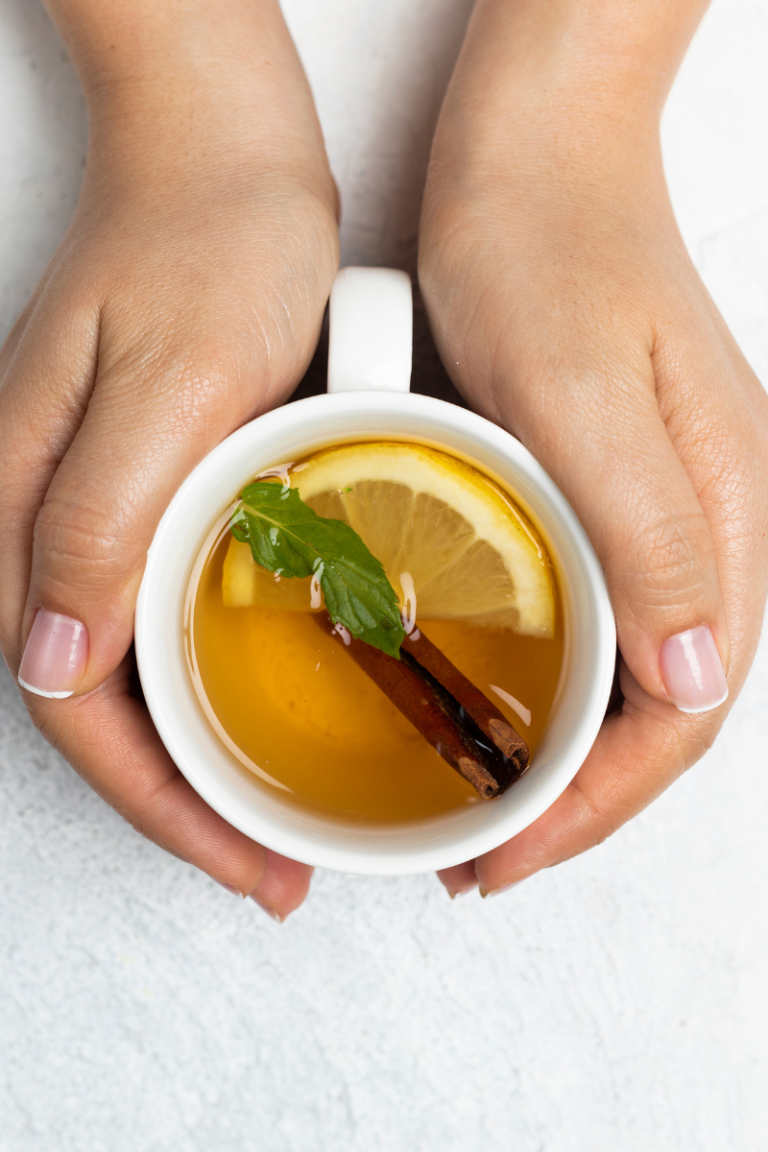
The Best Temp for Herbal Tea: Guide for Optimal Brewing
The Best Temp for Herbal Tea: Guide for Optimal Brewing What is the Best Temp for Herbal Tea? What You’ll Learn in This Guide The best temp for herbal tea is key to unlocking the full flavors and health benefits of your brew. In this guide, tea lovers will discover the ideal brewing temperatures for…
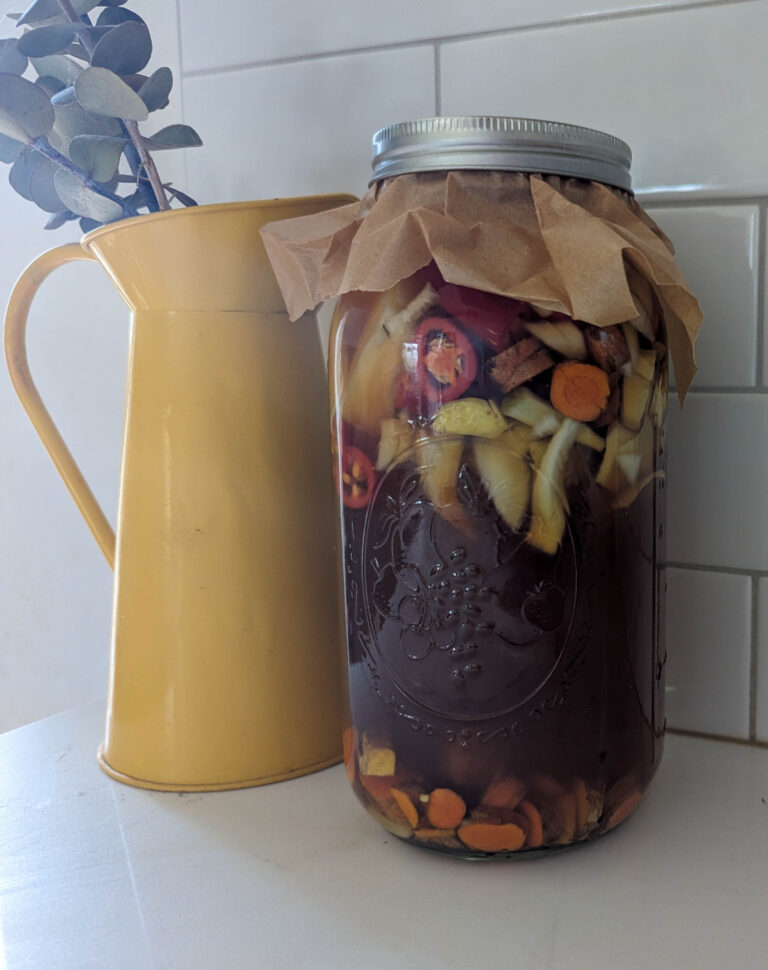
How to Make a Quick Fire Cider Recipe for the Cold and Flu
How to Make a Quick Fire Cider Recipe for the Cold and Flu Quick Fire Cider Recipe for Cold and Flu When the cold season sets in, it’s the perfect time to boost your immune system with a natural remedy. A quick fire cider recipe is a traditional folk remedy packed with immune-boosting and anti-inflammatory…
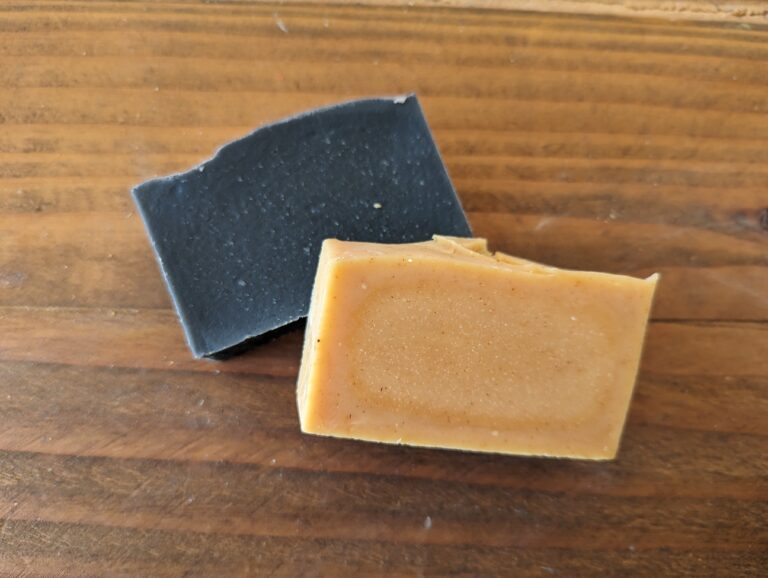
Benefits of Homemade Soap: Reasons for Natural and Handmade
Benefits of Homemade Soap: Reasons for Natural and Handmade Introduction to the Benefits of Homemade Soap The benefits of homemade soap are gaining attention as people prioritize natural products in personal care routines. Unlike commercial soaps, homemade soap offers natural, skin-friendly alternatives made with high-quality ingredients. It’s a better choice for health-conscious individuals. This article…
